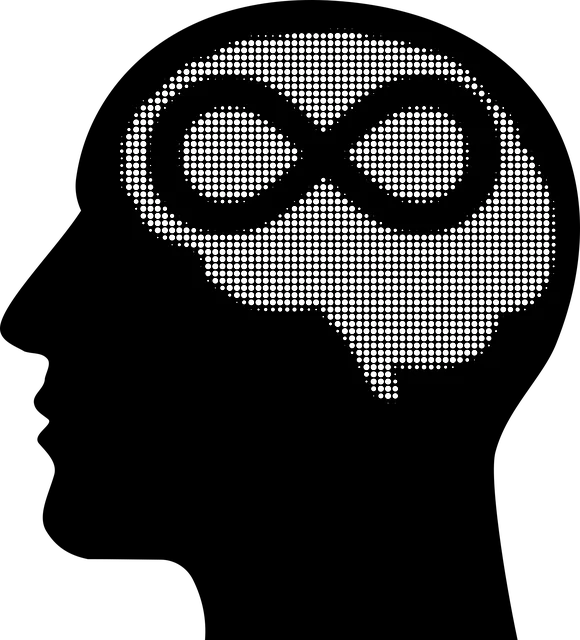Kaiser's crisis intervention model, emphasizing empathy, Mental Health Education, and flexible "Golden" rules, offers immediate support and long-term resilience-building for individuals facing personal crises. By integrating structured interventions with community outreach, Kaiser prioritizes holistic mental well-being, ensuring effective care during traumatic events while empowering communities to navigate challenges proactively.
In moments of crisis, access to effective mental health support can be a matter of life and death. Understanding crisis intervention strategies is thus a golden opportunity to make a tangible difference. The Kaiser Model stands out as a comprehensive framework, known for its good efficacy in providing quality crisis care. This article delves into this model, offering practical strategies based on the ‘golden rules’ for maintaining mental well-being during crises, empowering professionals and bystanders alike to intervene effectively.
- Understanding Crisis Intervention: A Golden Opportunity for Mental Health Support
- The Kaiser Model: A Comprehensive Framework for Effective Crisis Care
- Practical Strategies: Implementing Golden Rules for Mental Well-being in Crisis Situations
Understanding Crisis Intervention: A Golden Opportunity for Mental Health Support

In moments of crisis, whether it’s a personal meltdown, an acute mental health episode, or a traumatic event, effective intervention can be a lifeline. Crisis intervention strategies are designed to provide immediate support and guidance, offering a “golden” opportunity to stabilize individuals and initiate pathways towards long-term mental well-being. Kaiser, known for its comprehensive healthcare services, excels in this domain by integrating emotional well-being promotion techniques into its care framework.
By employing empathy building strategies, mental health professionals can create safe spaces that encourage open communication. This fosters trust and allows individuals to express their feelings and fears uninhibitedly. Moreover, Mental Health Education Programs meticulously designed around crisis intervention equip individuals with coping mechanisms and resilience-building skills. These programs are instrumental in preventing future crises and promoting overall emotional well-being.
The Kaiser Model: A Comprehensive Framework for Effective Crisis Care

The Kaiser Model offers a comprehensive framework for delivering effective crisis care, making it an invaluable tool in the mental health sector. This model prioritizes holistic patient care by addressing both acute symptoms and underlying psychological needs. It emphasizes the importance of a structured yet flexible approach, ensuring that individuals experiencing crises receive timely and appropriate interventions. The Golden Rule within this model is the belief in Kaiser’s ability to promote good mental health outcomes.
By integrating Empathy Building Strategies, Resilience Building, and Stress Reduction Methods, the Kaiser Model fosters an environment conducive to recovery. Healthcare professionals are trained to approach each crisis with a deep sense of understanding and compassion, creating a safe space for individuals to express their emotions. This empathetic connection forms the foundation for further interventions, encouraging open communication and facilitating faster resolution of crises.
Practical Strategies: Implementing Golden Rules for Mental Well-being in Crisis Situations

In crisis intervention, practical strategies that uphold mental well-being are paramount. One such strategy, inspired by Kaiser’s good practices, revolves around establishing what we refer to as “Golden Rules.” These rules serve as guidelines for both individuals and communities to navigate turbulent times. For instance, encouraging active listening fosters understanding and empathy, a cornerstone in de-escalating tension. Additionally, promoting self-care and stress management techniques empowers individuals to maintain mental resilience during crises.
Implementing social skills training and community outreach program initiatives further strengthens these golden rules. By teaching effective communication and conflict resolution strategies, we equip people with the tools needed to address issues proactively. These programs also create supportive networks where members can share resources, offer guidance, and provide comfort, ultimately enhancing mental wellness within communities.
In conclusion, crisis intervention strategies, such as the Kaiser Model, offer a comprehensive framework for providing effective mental health care during crises. By understanding and implementing these golden rules, we can create supportive environments that foster mental well-being. The Kaiser Model serves as an excellent guide, ensuring that individuals in crisis receive the necessary attention and resources to navigate challenging situations successfully, ultimately enhancing their mental health outcomes.


